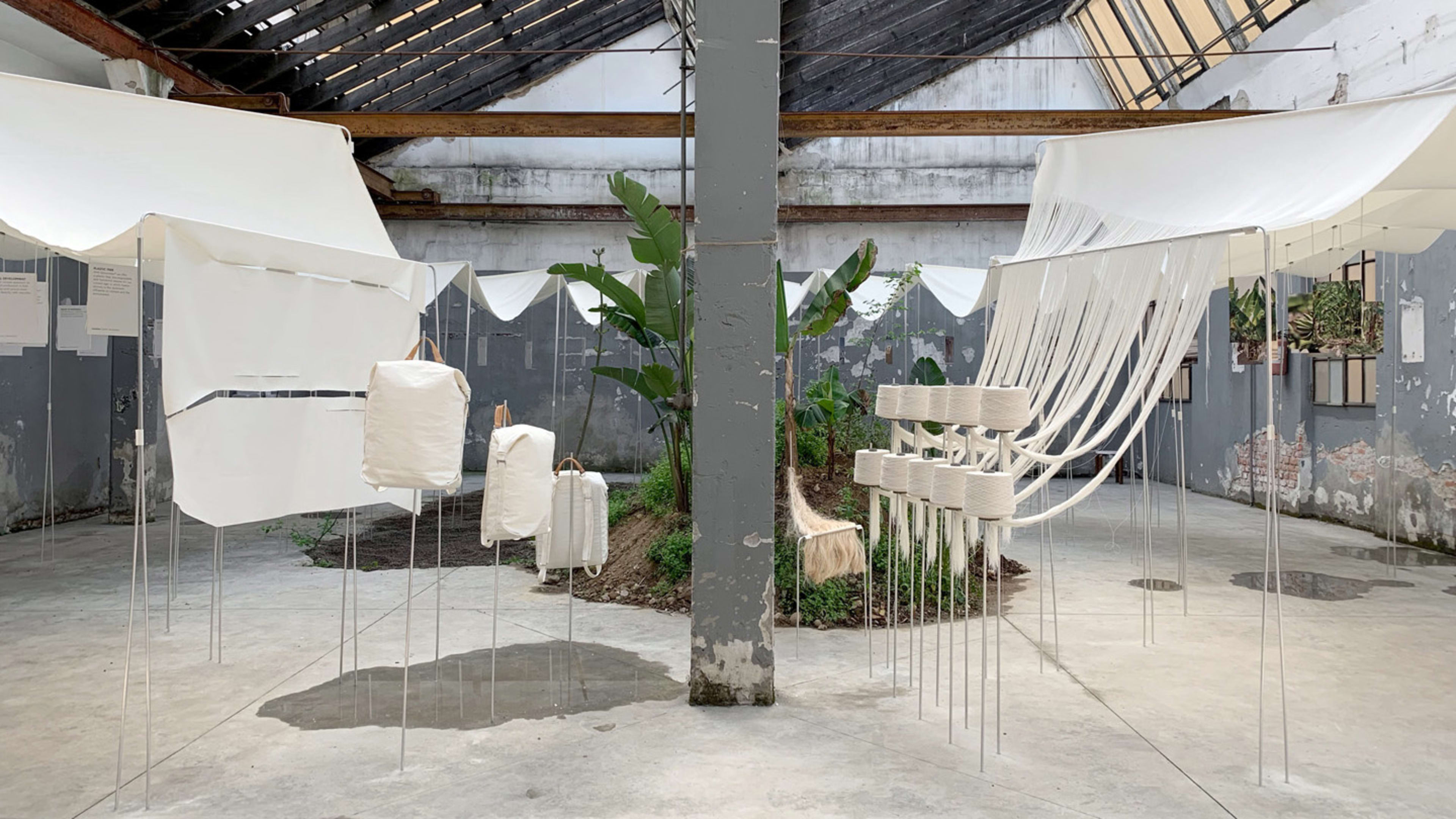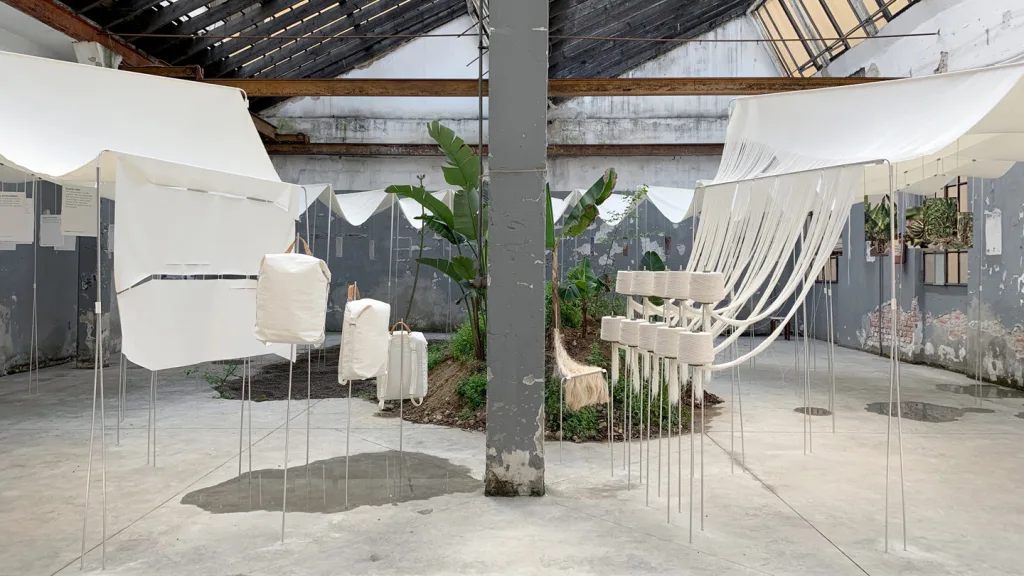This sleek backpack now available in stores in Copenhagen and Zurich started life in a forest in the Philippines, where fiber from banana plants is now harvested to turn into a new type of technical material. Qwstion, the Swiss brand that makes the bags, spent the last few years working with a yarn specialist to design the fabric, called Bananatex. Now the company wants to help other brands use it to start replacing polyester and other plastic-based material.
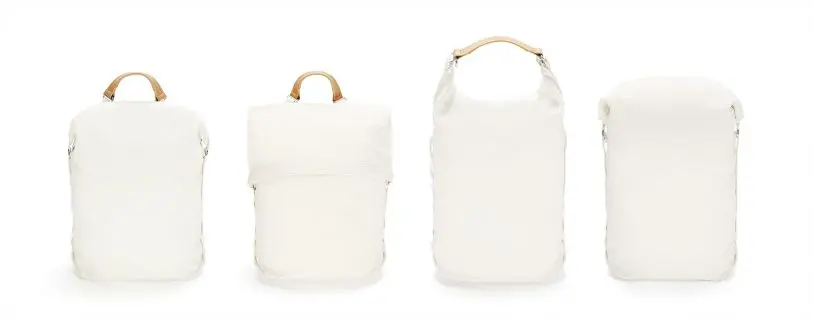
The company was motivated by the fact that polyester, nylon, acrylic, and other synthetic fibers made from fossil fuels dominate the market for outdoor clothing and accessories, and like other forms of plastic, the fabrics are rarely recycled. (In laundry machines, they also send plastic microfibers into waterways.) “We immediately saw that this needed an alternative,” says Hannes Schönegger, cofounder and CEO of Qwstion.
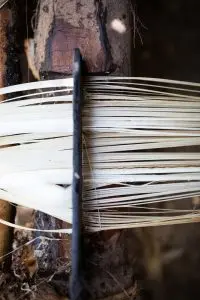
Unlike some other natural materials–say, cotton, which is grown with both large amounts of water and pesticides–the banana plants, which are native to the Philippines, can grow without extra resources. In some cases, they’re used to reforest parts of the Philippines that were decimated by palm plantations. The plants grow in a forest surrounded by other trees in a diverse ecosystem rather than as a single crop, and the long roots of the plant help prevent erosion. Farmers can harvest stems from the plant rather than cutting down the plant itself, so it continues to grow.
Qwstion worked with partners in Taiwan to figure out how to make a high-quality fabric from the fiber, a process that took years of effort. The fibers are first made into a thin but strong paper, and then the paper is cut into thin strips and twisted into a fine yarn and woven into a high-density canvas. The result is soft and very lightweight, but also strong, ideally suited for a backpack. A natural wax coating makes the fabric water-resistant. The finished bags contain no plastic; the backpacks roll to close rather than using a zipper. At the end of its life, the product is biodegradable.
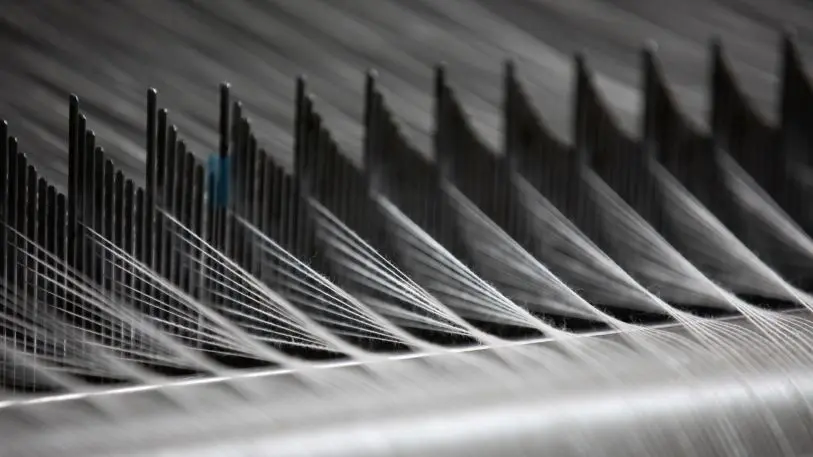
The company plans to share the material with other manufacturers, including outdoor brands that rely heavily on synthetic technical fabric. “When we had it in our hands, we understood that there are a lot of possibilities to use this for other purposes,” Schönegger says. The company has been approached by other bag producers, apparel companies, automotive companies, and furniture companies interested in buying the material, and plans to increase its orders with its partners, which currently are unique in having the technical expertise to produce the material. “Eventually it might be that more manufacturers can create that kind of yarn and that kind of canvas,” he says.
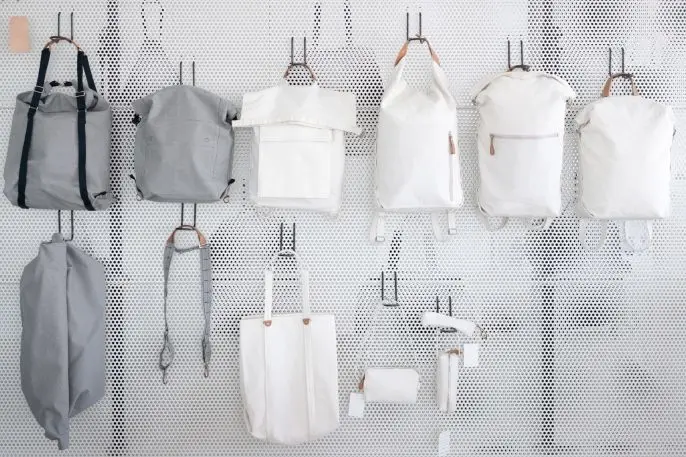
Recognize your brand’s excellence by applying to this year’s Brands That Matter Awards before the early-rate deadline, May 3.
